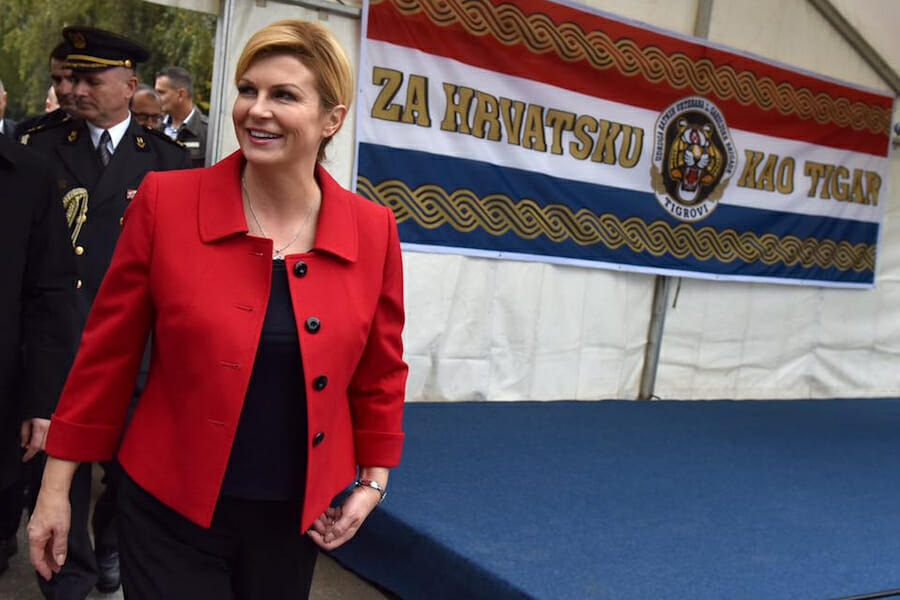
Gender Equality in the EU
Though women represent 50% of the world’s population, women representation in politics is at a mere 23.6% across the globe. The participation of women in politics is crucial to progressing towards gender equality since it enables women to write, argue and vote for policies that benefit women and men equally. Although gender equality in politics represents an obstacle to be overcome worldwide, the European Union (EU) has been in the vanguard of gender equality policies since 1957. At that time, the EU member states signed the Treaty of Rome, which included the principle of equal pay for equal work, regardless of sex.
The EU comprises the third largest population in the world, at around 512.6 million, behind China and India. The ten most populated EU member states – Belgium, France, Germany, Greece, Italy, Netherlands, Poland, Romania, Spain and the United Kingdom – encompass 81.9% of the EU, 420.4 million people. Since the first gender equality policy in 1957, the EU has put into practice several policies to promote gender equality in the region. However, the 1997 Treaty of Amsterdam is the most significant policy ever implemented, becoming a watershed in gender equality in the EU because it declared equality between women and men to be a fundamental task of the EU. The treaty also obliged EU members to eliminate inequality and promote gender equality in all areas of society. Finally, the treaty also introduced a new article empowering the EU to take action against all forms of discrimination by gender or other attributes.
Since the signature of the Treaty of Amsterdam, nine of the ten most populated EU member states adopted measures, reforms or articles in their constitutions to include gender equality to comply with EU directives, the United Kingdom being the only exception. Regarding legislated quotas, only four of the ten most populated EU member states – Belgium, France, Greece, Poland and Spain – have applied them. For voluntary political party quotas, the results are more optimist. In eight of the ten most populated EU member states there are political parties which have included quotas to increase women’s participation in the single/lower house of national parliaments. Only in Belgium and Poland do political parties not have voluntary gender quotas.
After analyzing all the gender policies by country, it is possible to conclude that the EU directives and guidelines to mainstream gender in politics were effective to the point of making changes at the national level. By analyzing a twenty-year evolution of women representation in the single/lower house in national parliaments, it is possible to affirm that the countries who have been members of the EU for a longer period have a higher percentage of women representation in politics. Belgium, France, Germany, Italy, Netherlands, Spain and the United Kingdom have more than 30% women in the lower house in their national parliaments. Whereas, countries that joined the EU later such as Greece, Poland and Romania, have less than 30% of women representation in their national parliaments. Furthermore, all ten countries improved the percentage of women representation steadily after 1997, when the Treaty of Amsterdam was implemented.
Quotas do matter because all countries which have either legislated or have voluntary political party quotas have improved women’s representation in the lower houses of national parliaments. France has the best results amongst the group and has legislated quotas and voluntary political party quotas. Therefore, it is possible to affirm that having both quotas will lead to a higher percentage of seats held by women in the national parliament. France increased women’s participation by 263% within 20 years and is the leader in achieving gender equality in politics amongst the group. To continue narrowing the gender gap, the French government launched France’s international strategy for gender equality (2018-2022) to reinforce its commitment to the cause of gender equality.
Including more women in politics is a phenomenon that faces financial, social and cultural barriers. Governments should change the public perception of the importance of including women in politics and encourage more women to participate in politics and strengthen the role of women as perceived by voters. Concrete gender policies should also support working parents, by giving them more flexibility to meet family responsibilities such as parental leave, by eliminating direct and indirect discrimination against women, and by working in partnership with the international community, the private sector and civil society to train and support more women in politics.
The goal of achieving gender equality in the EU is crucial to ensure that EU policies reflect the perspectives and interests of both women and men. Although the EU policies have already made countries change their own laws to adapt to the EU legislation, there is still a long way to go towards gender equality in politics in the EU.

